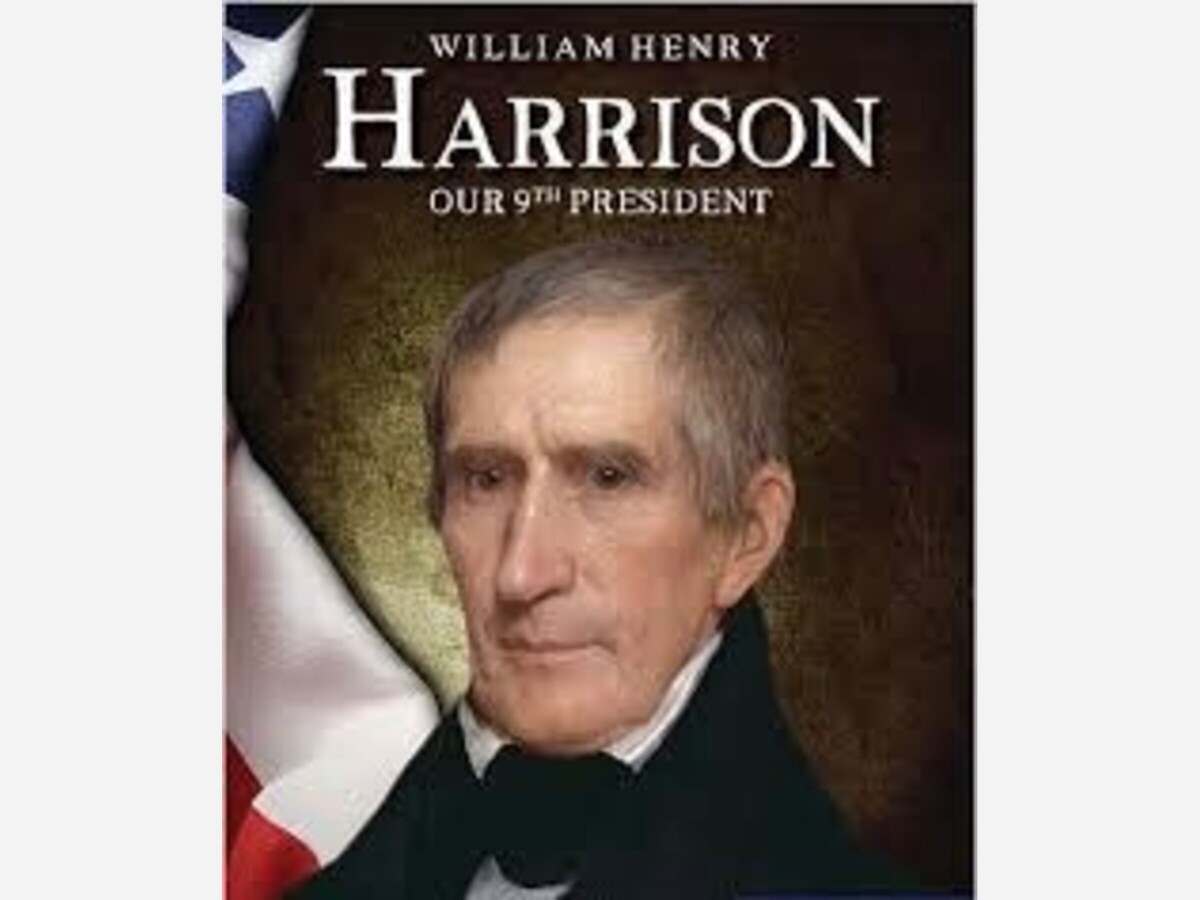Image

On April 4, 1841, President William Henry Harrison breathed his last breath, marking the shortest presidential term in American history. A mere 32 days into his office, Harrison’s untimely death left the nation in shock and speculation. But what led to this tragic end for the ninth President of the United States?
Harrison’s inauguration took place on a bitterly cold March morning. Undeterred by the frigid weather, he delivered an inaugural address that would go down in history as the longest ever. Clocking in at an astonishing one hour and 45 minutes, Harrison’s speech covered a wide range of topics, from national unity to economic policies. Unfortunately, this marathon oratory may have been his undoing.
After the inauguration festivities, Harrison retired to bed with a bad cold. Little did he know that this seemingly innocuous ailment would escalate into a life-threatening condition. Within days, the cold developed into a severe case of pneumonia. The combination of the harsh weather, exhaustion from the lengthy speech, and his weakened immune system proved fatal.
Some historians speculate that more than just pneumonia contributed to Harrison’s demise. They suggest that he may have also suffered from a case of hepatitis. Whether this was a separate illness or a complication arising from pneumonia remains a subject of debate. Regardless, the combination of factors ultimately led to his tragic end.
William Henry Harrison was a man of many accomplishments. Born as an English subject before the American Revolution, he served in the Indian Wars, fought in the Battle of the Thames River during the War of 1812, and held various political offices. His vigorous campaign alongside running mate John Tyler, complete with the catchy slogan “Tippecanoe and Tyler, too,” secured his presidency.
Yet, fate had other plans. Harrison’s death left behind a grieving widow, Anna, and three surviving children. His grandson, Benjamin Harrison, would later become the 23rd President of the United States in 1889, serving a full term but losing his re-election bid.
President Harrison’s legacy is one of brevity and curiosity. His short-lived administration serves as a reminder of the fragility of life and the unpredictable twists of history. As we reflect on April 4th, let us remember the man who, despite his brief tenure, left an indelible mark on the nation.
By History.com Editors and Co Pilot Bing